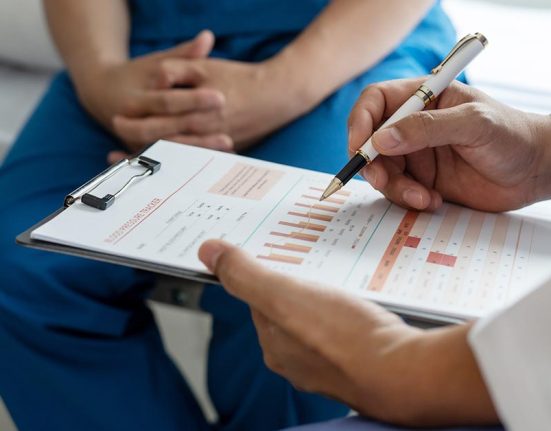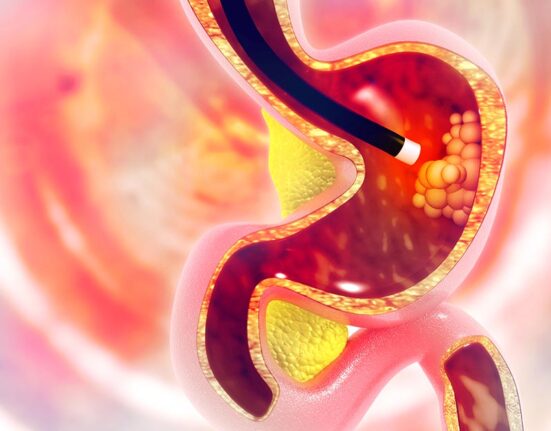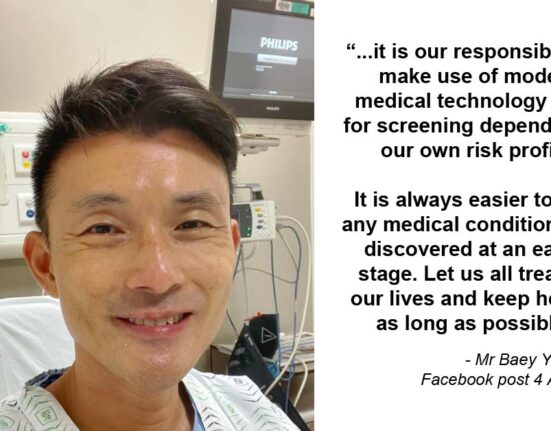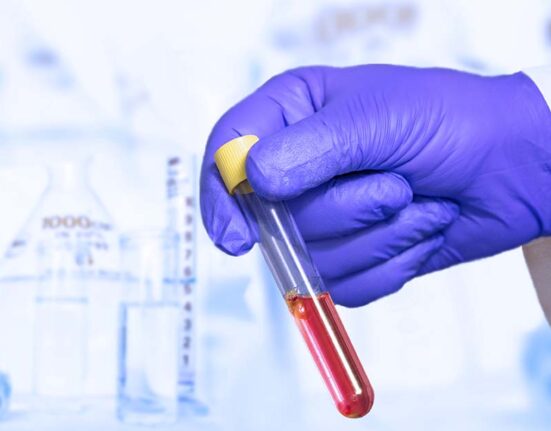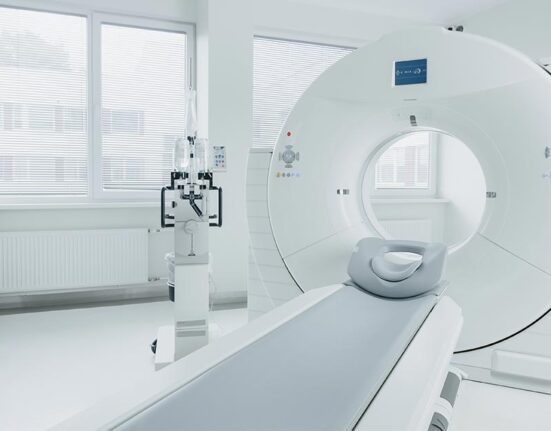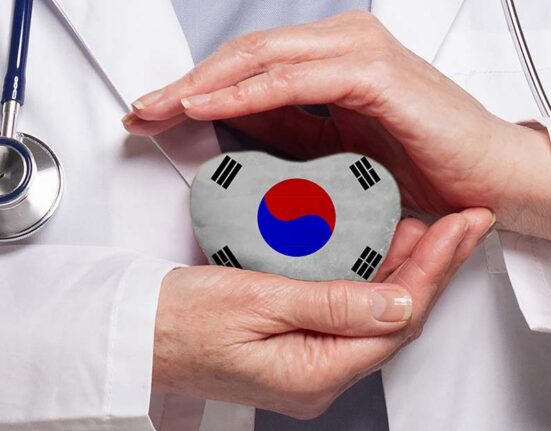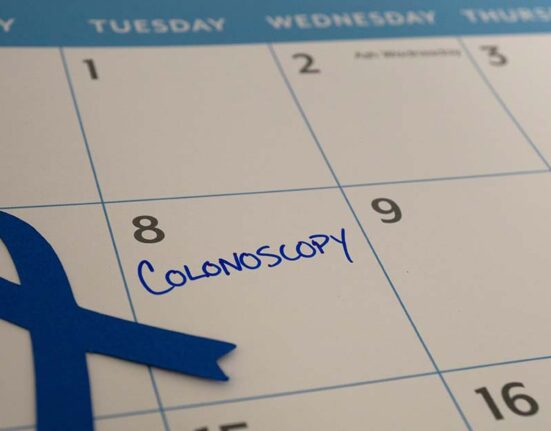Gastroscopy and colonoscopy are both endoscopic examinations that can aid in early detection of serious health conditions. Read on to find out what are the differences between the two, what they are used for, and who should consider undergoing such procedures.
Gastroscopy And Colonoscopy – What Are They?
Colonoscopy
Both gastroscopy and colonoscopy endoscopic examinations of the gastro-intestinal system. A colonoscopy is a procedure for examine the inside of the colon. A colonoscopy is the primary tool for colon cancer prevention. It can help detect colon cancer in its earliest stages, when it is most treatable.
The procedure is minimally invasive. A colonoscope is inserted into the patient through the rectum. The colonoscope is a long, soft and flexible tube about 1cm in width, with a small video camera located at the end. With this, the doctor can see the inside of the colon and diagnose any abnormality. The procedure may take about 20 – 30 minutes.
Polyps and other types of abnormal tissues that are discovered during a colonoscopy may be removed using the colonoscope during the procedure.
Gastroscopy
A gastroscopy on the other hand, is an endoscopic procedure for detecting and diagnosing abnormalities in the food pipe, stomach and upper part of the small intestine. Gastroscopy is useful as it can help doctors to identify conditions that have yet to present any symptoms. Such conditions if left untreated could progress and become more difficult to treat. For instance, a H.Pylori infection could possibly lead to chronic inflammation in the stomach lining and result in cancer in the longer term.
Gastroscopy And Colonoscopy – Who Should Consider Them?
Who Should Consider A Colonoscopy
People considering a colonoscopy should first consult a doctor. Some conditions that may indicate a need for the procedure include:
- Aged 50 years old or above.
- A family history of colorectal cancer.
- Previous history of polyps or colorectal diseases.
- Unexplained change in bowel habit.
- Blood in the stool.
- Unexplained loss of weight.
- Abdominal pain or bloatedness.
- Chronic diarrhoea or constipation
- Iron deficiency anemia
Who Should Consider A Gastroscopy
People considering a gastroscopy should first consult a doctor. Some conditions that may indicate a need for the procedure include:
- Aged 40 years and above with a family history of cancer or stomach ailments.
- Experiencing upper abdominal pain.
- Chronic heartburn or acid reflux.
- Upper abdominal area pain or discomfort.
- Unexplained weight loss.
- Blood in the stool.
- Iron deficiency anemia.
- Experiencing painful when swallowing.
[Updated 11 Jul 23]

Additional Information: Doing A Colonoscopy In Singapore, Malaysia Or Thailand
Colonoscopy procedures may done as part of a comprehensive health screening. Explore screening packages on our shop for options from our medical partners from Singapore and the region.
Protect against cancer, cardiovascular disease, and other chronic diseases with regular health screening. Compare and shop for health screenings from Singapore and regional healthcare providers at a single convenient platform - shop.health365.sg
This article is informative only and is not intended to be a substitute for professional medical advice, diagnosis, or treatment, and should never be relied upon for specific medical advice.














